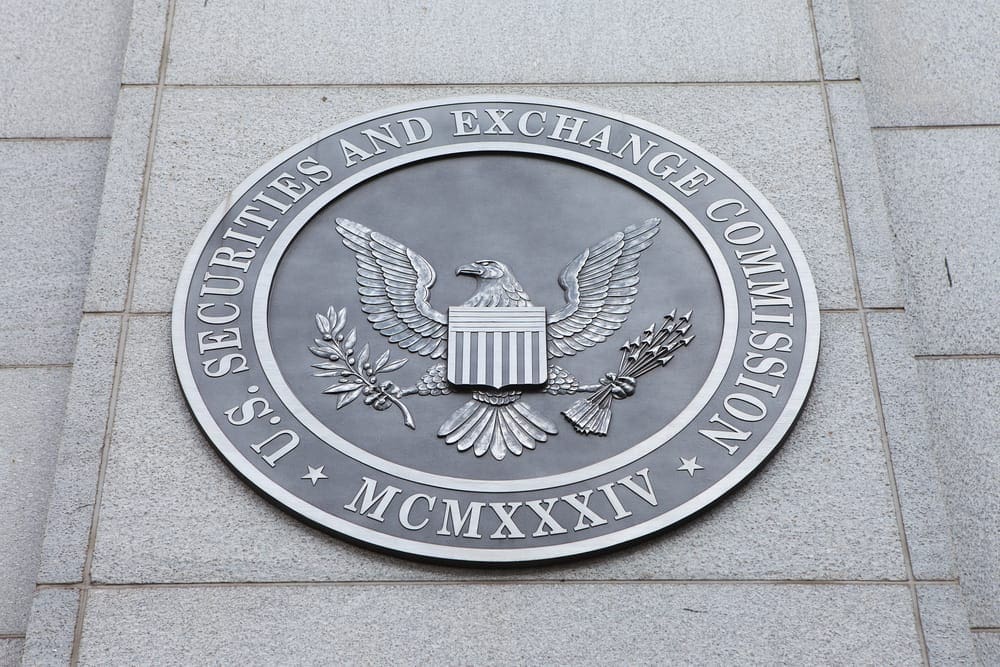A recent court decision has once again brought to the forefront the regulatory challenges surrounding Security Tokens in the crypto industry. On Thursday, a U.S. District Judge in Manhattan ruled against crypto entrepreneur Do Kwon and his company, Terraform Labs, for failing to comply with U.S. securities laws. This ruling is particularly significant considering the collapse of TerraUSD and Luna currencies in May 2022.
Terra Luna Stablecoin Scheme
Terra is a blockchain that leverages fiat-pegged stablecoins to power a payment system. Several stablecoins are built atop the Terra protocol, including TerraUSD, which was the third largest stablecoin by market capitalisation before its collapse in May 2022.
Terraform operated a group of algorithmic stablecoins on Terra, named according to the currencies to which they were pegged—for example, TerraUSD (UST) was pegged to the U.S. dollar. Luna served as the primary backing asset for Terra, also used as a governance token for users to vote on Terra community proposals. UST stablecoins were not backed by U.S. dollars; instead, they were designed to maintain their peg through a complex model called “burn and mint equilibrium”. This method uses a two-token system in which one token is supposed to remain stable (UST) while the other (LUNA) is meant to absorb volatility.
The Terra Luna stablecoin scheme collapsed when the Terra Luna token fell from a high of $118 to $0.09 on May 26, 2022, after its sister token, TerraUSD, also collapsed. The collapse of Terra prompted a widespread crash of the entire crypto sector and triggered the Crypto Winter 2022.
The SEC Complaint
The case against Terraform Labs PTE Ltd and Do Hyeong Kwon a/k/a Do Kwon was initiated by the U.S. Securities and Exchange Commission (SEC) in February 2022, accused the Singapore-based company of conducting a multi-billion dollar securities fraud involving a stablecoin and other crypto securities.
According to the SEC, Terraform and Kwon raised billions through the sale of security tokens in unregistered transactions, while making misleading claims about their potential for profit.The court’s decision specifically noted Kwon’s previous comments, suggesting that investors in LUNA could expect profits based solely on his and Terraform‘s efforts, thus satisfying the criteria of the Howey test – a benchmark for determining what constitutes a security.
Similarly, the court found that MIR token holders were led to expect profits from Terraform‘s development and growth of the Mirror Protocol, again meeting the Howey test criteria.
The Interpretation
Despite the clear ruling on these securities, Judge Rakoff has not granted a summary judgment on the SEC’s fraud claims, which are set to proceed to a trial scheduled for January 29, 2024. However, he dismissed claims related to illegal offering of security-based swaps.
Terraform‘s response to the decision was one of strong disagreement, maintaining that their tokens are not securities and expressing their intent to continue contesting the SEC’s fraud claims in court.
This ruling is significant in the context of the broader crypto market, especially following the Terra-Luna scheme’s collapse, which preceded a series of failures in other major crypto entities. The SEC’s position is that TerraUSD and Luna, among other crypto assets offered by the defendants, were unregistered securities, primarily based on their nature as investment contracts.
Judge Rakoff’s 71-page decision aligns with the 1946 SEC v WJ Howey Co Supreme Court decision that defined investment contracts, concluding there is no dispute that the four crypto assets in question are securities. However, the court also recognized that there might be a disagreement over the defendants’ intent to defraud investors, an issue to be resolved in the upcoming trial. The industry’s stance that its tokens do not qualify as securities was bolstered in July when another Manhattan federal court judge ruled that some tokens sold by Ripple Labs did not meet the criteria for securities.
The ongoing legal discourse highlights the complex and evolving nature of cryptocurrency regulation. The case, titled SEC v Terraform Labs Pte Ltd et al, is being heard in the U.S. District Court for the Southern District of New York, under case number 23-01346.
The Criminal Charges
Do Kwon, a South Korean native, is also facing fraud charges in the U.S. He is currently resisting extradition from Montenegro, where he was apprehended shortly before the charges were announced.
The U.S. prosecutors seek Kwon’s extradition to face charges in the US. On March 23, 2023, the Grand Jury filed criminal charges against Do Kwon, including conspiracy to defraud, commodities fraud, securities fraud, and wire fraud. The accusations focus on Kwon’s alleged deceptive practices concerning the Terra blockchain, including its technology and the extent to which it had been adopted by users (Do Kwon Indictment).
